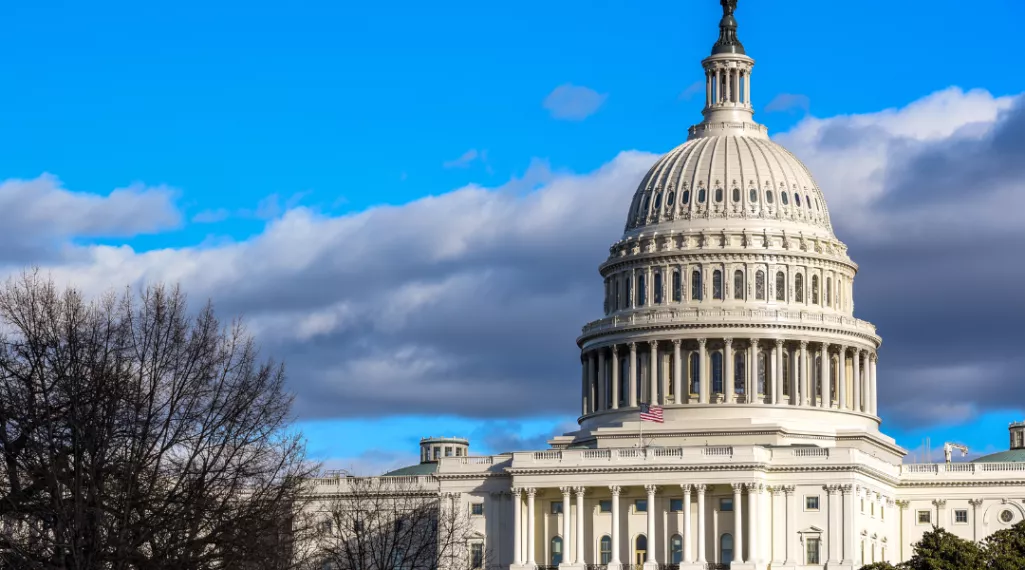
Next Congress must address 340B abuse

In 1992, Congress established a program to help low-income patients access medications they couldn't afford. The law required drug companies to offer substantial discounts to hospitals and clinics serving financially vulnerable patients, known as 340B hospitals, with the intent to use discounted drugs for charity care.
However, the law lacks accountability for how hospitals use these savings. Currently, 340B hospitals use only 42% of the billions in discounts to aid low-income patients. These hospitals often buy drugs at a discounted price but sell them to patients at full price.
A new report shows that 340B abuse not only fails to help low-income patients but also increases the federal deficit and raises costs for employer-based health plans. Last year, 340B discounts totaled around $70 billion, shifting this amount from for-profit pharmaceutical companies to tax-exempt nonprofit entities. This shift led to an estimated $14 billion in lost federal tax revenue.
Additionally, 340B impacts employer-provided health plans by reducing rebates from pharmaceutical manufacturers to health plans or pharmacy benefit managers. This results in employers and employees losing some or all of the rebates they would have otherwise received if claims were not 340B eligible.
Sen. Kennedy (R-La.) has introduced the 340B Reporting and Accountability Act, which aims to increase transparency and ensure that 340B entities provide drugs at a price that does not exceed what they paid. However, no action has been taken on the bill, and it is unlikely to advance during the lame-duck session.
The lack of congressional action is frustrating, as the funds are available to reduce costs for low-income patients but are currently directed toward hospital profits. The Colorectal Cancer Alliance is working with coalitions like Air 340B to push for reforms, making 340B accountability a priority for 2025.
Top resources

2025 Walk series inspired allies across the country
Across nine cities nationwide, our community showed what’s possible when compassion, determination, and action meet on the pavement to #WalkLoud.

Blue Hope Bash Celebrates Craig Melvin & Lindsay Czarniak for Commitment to Colorectal Cancer Advocacy
The Colorectal Cancer Alliance’s 2025 Blue Hope Bash in Washington, D.C., raised $2.1 million for colorectal cancer awareness, research, and patient support.

Volunteer spotlight: Greg Schwem
In this Q&A, get to know Greg Schwem, a passionate and dedicated Colorectal Cancer Alliance volunteer from Illinois, and sign up to be a volunteer yourself!





